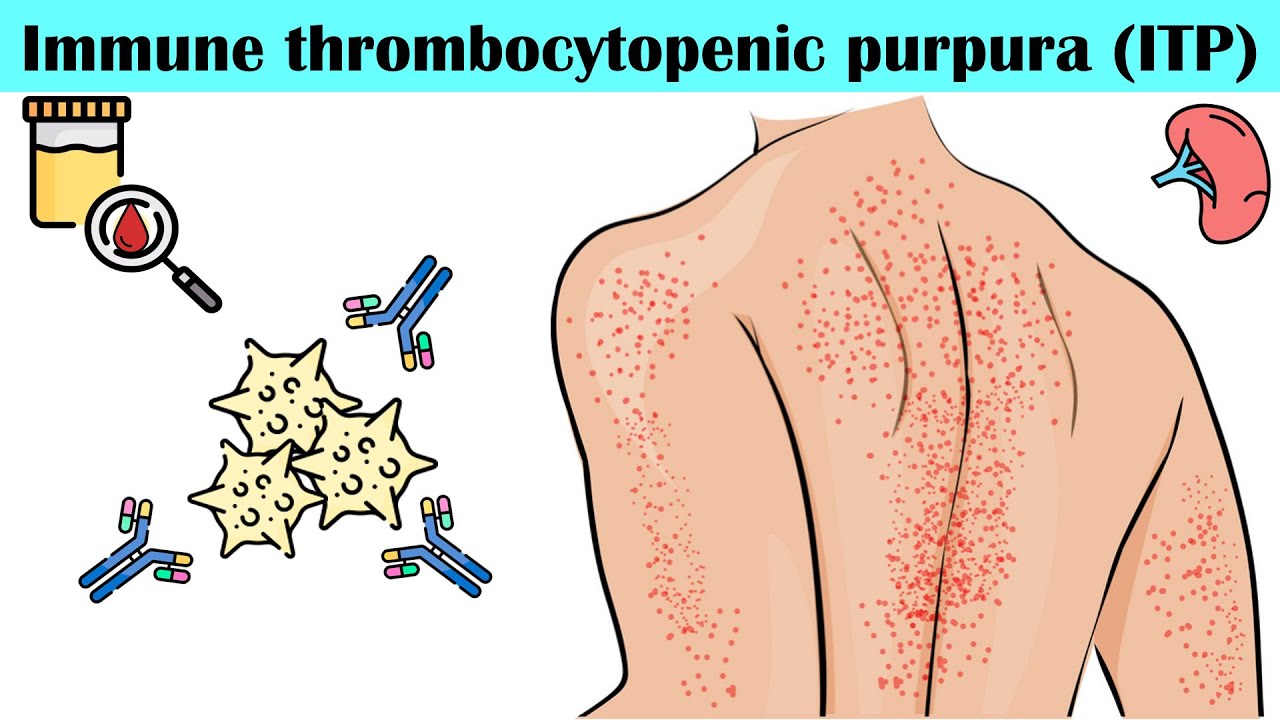Avoid diphenhydramine, ranitidine after perforated appendicitis: study
Reuters Health • The Doctor's Channel Daily Newscast
Giving one or the other agent doubled the risk, while giving both drugs increased the risk four-fold.
“Anybody not having an indication for these meds probably shouldn’t get them,” lead researcher Dr. Shawn D. St. Peter told Reuters Health by phone.
He and his coauthors note that clinicians often treat the pain of perforated appendicitis with ketorolac tromethamine, which can lead to gastritis, or narcotics, which can cause itching. Ranitidine, a histamine-2 (HR) receptor blocker that suppresses gastric acid, and diphenhydramine, an H1 receptor blocker than stops itching and induces sleep, are prescribed, often prophylactically, to counter these side effects.
In the February Archives of Surgery, Dr. St. Peter and his colleagues at Children’s Mercy Hospital in Kansas City, Missouri explain that during a prospective trial of two antibiotic regimens for perforated appendicitis, they saw that patients on ranitidine seemed to have a higher rate of intra-abdominal abscess.
The trial included 98 children (mean age, 8.6 years). The 41 children who didn’t receive either ranitidine or diphenhydramine had an abscess rate of 10%. In contrast, the researchers found abscess rates of 17% in the 24 children who received ranitidine only, 18% in the 17 who received diphenhydramine only, and 44% in the 16 children who took both medications.
On multivariate analysis, the abscess rate was significantly higher with ranitidine (p = 0.05) and diphenhydramine (p = 0.03). Ranitidine also had a significant dose-related effect on abscess rate (p = 0.003).
By contrast, there was no link between abscess rates and use of ketorolac, naloxone, ondansetron or narcotics.
“The effect of blocking (histamine) receptors is diffusely integral to the inflammatory response,” the authors write. They explain that both H1 and H2 receptors are expressed in neutrophils, eosinophils, monocytes, dendritic cells, and T and B cells.
Concluding, Dr. St. Peter said, “I don’t want to say that these drugs are detrimental, but I can absolutely unequivocally say they don’t help… and shouldn’t be given unless there is a clear indication.”
Reference:
Arch Surg 2010;145:143-146.








